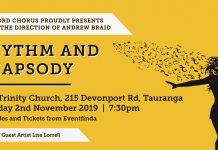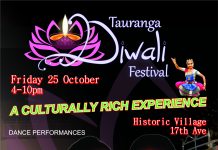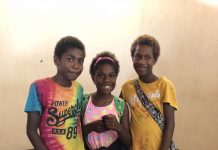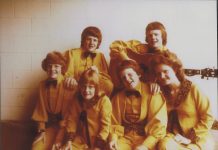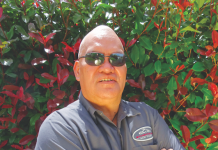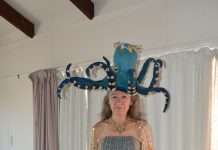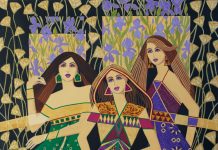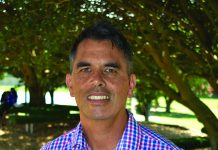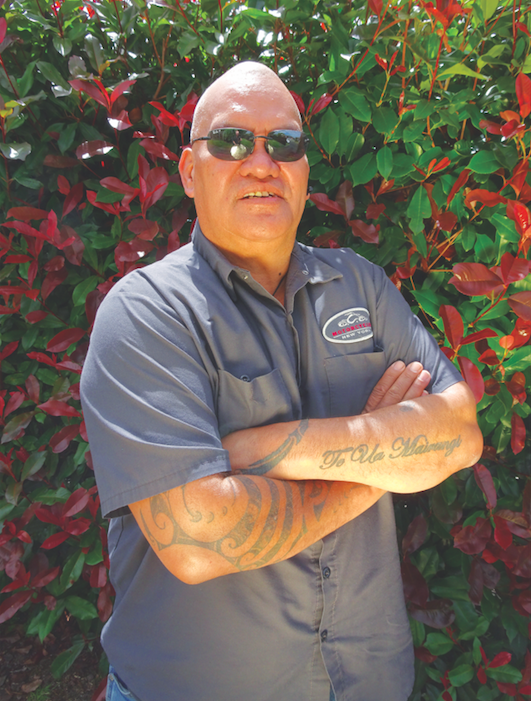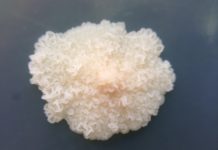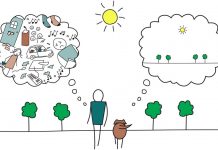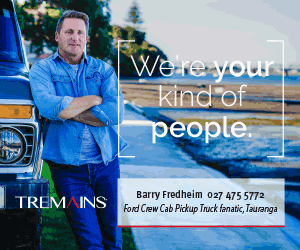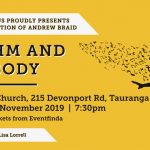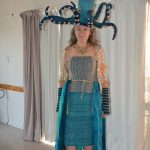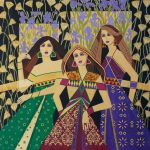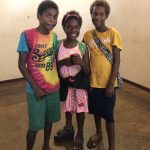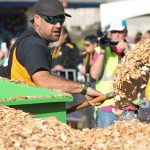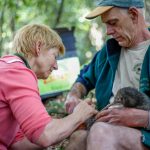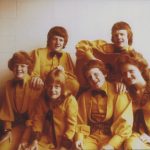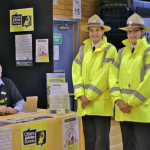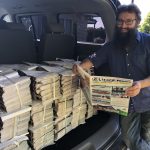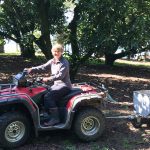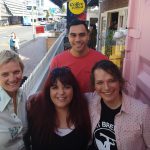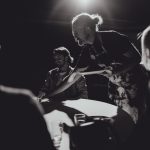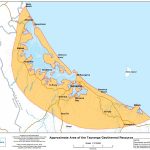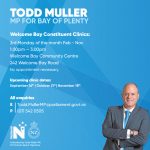It was one of those autumn nights. You know, one that can’t make up its mind whether its
winter or autumn. But it’s cold and bleak outside and the rain is pounding the windows of
the small Tauranga maternity ward room we’re in.
From the pain the mother is in—now my ex-partner—two things are certain: our little
taonga is on her way and something is wrong. She’s coming too early and is way too small.
I’m praying she’ll make it. I hadn’t bothered praying while watching others pass into the
spirit world – my brothers, father and mother, and too many friends; too many whānau.
But this time, I am in full-blown Catholic prayer mode. Please God, let this happen.
The clinical staff are working differently to what I remember when my other children were
born. The looks on their faces and their scarce presence are sending clear messages to me. I overhear a whispered conversation that we’re giving the baby up for adoption because we
don’t want it. But I’m in no state to educate Anglo-centric pacifiers about the process of
whāngai. We’re actually having a baby for my sister who can’t have children herself – an act of pure love.
The pain is bad—like really bad. So is the prognosis from the doctor. They usually give you
the worst scenario, so when things do work out you hug them instead of punching them for
saying something so horrible. But this…our baby, says the doctor, will not survive her birth.
I sit there believing I should be strong—and I am—but only on the outside. Internally I have nothing to grab onto.
I really wanted to give this baby to my sister. A gift to her for the gift she was to our family.
But I’ve failed. In the words of the millennial vernacular: FML.
And so our baby is born on the floor of the birthing room without any oooohhhs or
aaaaahhhhs or doting nurses and a Tihei Mauri Ora. She is struggling to breathe in a
mindless uncaring world. I’m calling for help, but the words aren’t coming out of my mouth.
Then I’m screaming for help, but still nothing comes out. And it can’t be helped. I can taste
that bloody bitter irony too. Our baby is dying. Other babies will live, and they will have all
the care and attention they need from hospital staff. They will live and my baby will die.
She can’t cry or speak, her mouth just gasps for air. And no one can help. We’re sitting there among her blood and agony, watching her slip away. Slowly and endlessly. Her arms reach out to me as she gulps for air, as if I can do something. Those breathless moments still fill my head after 18 years and every time I mention her name, Te Ua Mai Rangi. I failed to save my girl. I let her down. I didn’t challenge the world. I let the medical staff
think we didn’t care about her. She reached for me, and I didn’t move to protect my child. I let grief win.
I left the hospital in the early hours of a misty rain-morning. That’s why she was named Te Ua Mai Rangi – she was like gentle falling rain that no one could catch.
She was laid to rest in our urupā, dressed in extra small, knitted clothes and her frail
exhausted body tiny within that small coffin.
Her Daddy couldn’t save her because he didn’t know how. But it would be the only time I
would be in that situation. Ever. I have the strength and the words now, the analytics, the
belief and determination. My girl always remains with me; we have a covenant.
The learnings did not end there. I held no ill will towards that doctor, opaque in my memory, who called for the end to my child’s life. It was my learning and I needed to resolve that within my own grief. A few years later I formed a friendship with a doctor and only after some time I realised it was the same man – a man of deep compassion, with love for his family, and commitment to the health of others. I don’t think he has made the connection in the years I have known him, and I have never raised it.
After I took my baby back to lay in my house the world threw more at me. The power
company had sent their representative to disconnect my power. Deep within my grief I pleaded with the power company guy to please wait till I had buried my girl. He was Maori
and conflicted, he understood the importance of death, but he had no choice, it was out of
his hands, the company wanted it done immediately.
Fortunately, a quick round by friends meant I had the electricity kept on for my girl. I learned what friends do, and that Maori man from the power company and I find we are also friends, bound together by the shared experience of a near tragedy many years later.
And there was yet more. When I returned to work after we buried my little girl, I was told I
had not formally advised my work where I was. My senior manager set in motion a process
to dismiss me for abandonment of employment. Obviously, it was never going to be upheld, but it added force to the dark hurricane going on inside me.
A little later that manager was exited by the organisation whose rules she had tried to serve, and I worked alongside her within the past couple of years.
What all of those people had in common was that they all lacked the power and knowledge
to act; just like me really.
So from that day on, I decided to re-invent myself. To use my knowledge, increase my
influence and dream the big dreams. I decided to make myself capable so I could use what I know to support children and young people; anyone in fact. That personal pledge has taken me the length of the country and the breadth of the world. And it has centred on one crucial grouping – the preciousness of whānau. My own and others.
A similar covenant must be instilled in our people because the care and wellbeing of our
babies is critical to the future prosperity of our communities. If we can transform our pain
and experience of adversity into a positive vision of non-occurrence then we all win.
There are nights when I roll down my sleeves and unpack my pain, to figure out which ache goes with what memory and whether new wounds are self-inflicted or superficial. I think it reconnects me with the reality of our people. With empathy comes a torch beam to better see what confronts us. It’s emotional intelligence that allows leaders of our people to build trust and grow the influence we need for a future we want for ourselves and our people. We are rangatira—ranga, bringing together; tira, people. That’s where our focus must remain.
As a parent, I had a right to the pain my daughter’s death brought me. But as a man, I
believed I had no right to show it or share it, something many men feel even today. But you can’t bring people together with that kind of default reaction. On reflection I understand that emotion is ok. It’s transformative and healing. It can provide a vision for positive choices in the lives of our whānau.
We’re just one decision away from a totally different life.
-By Paora Stanley



